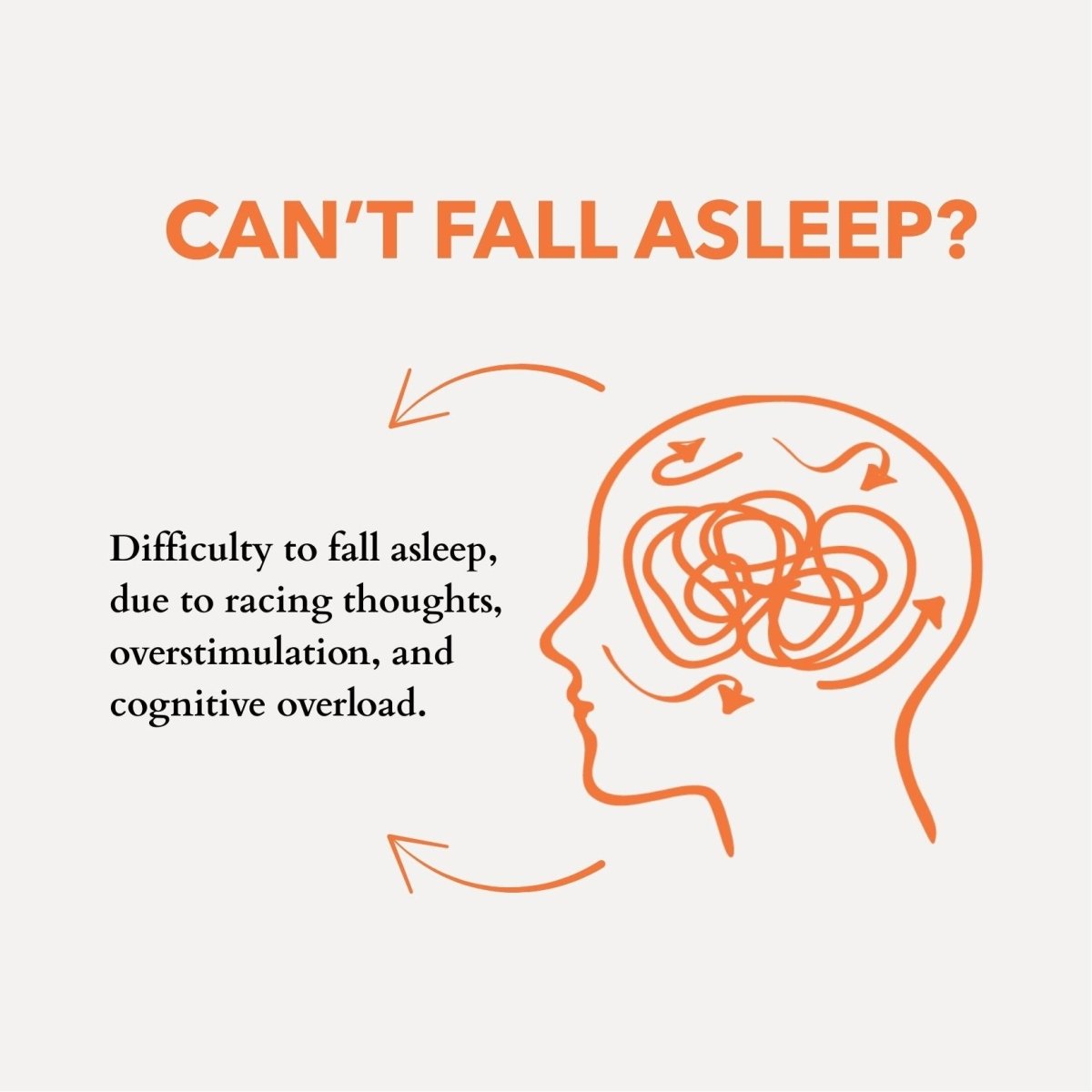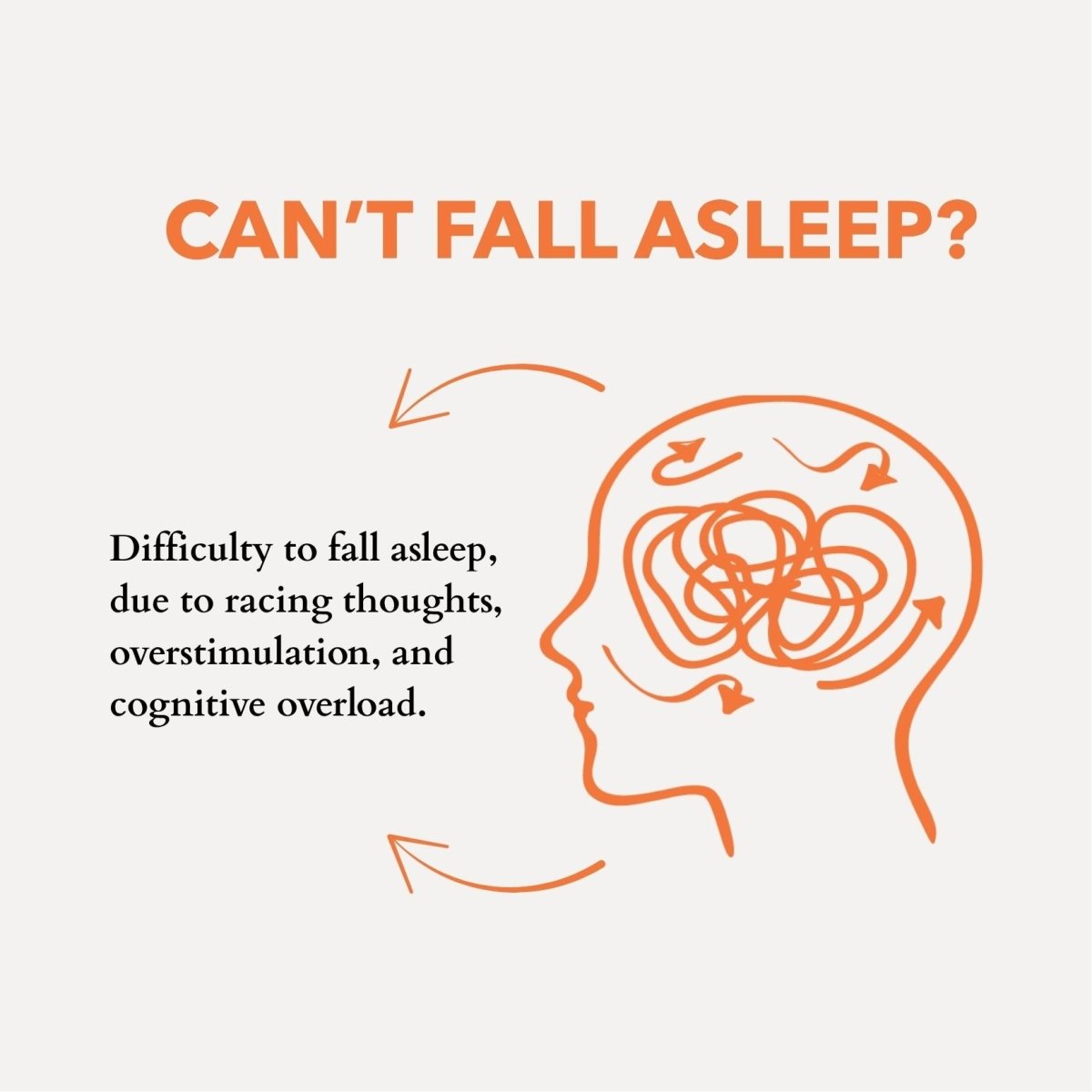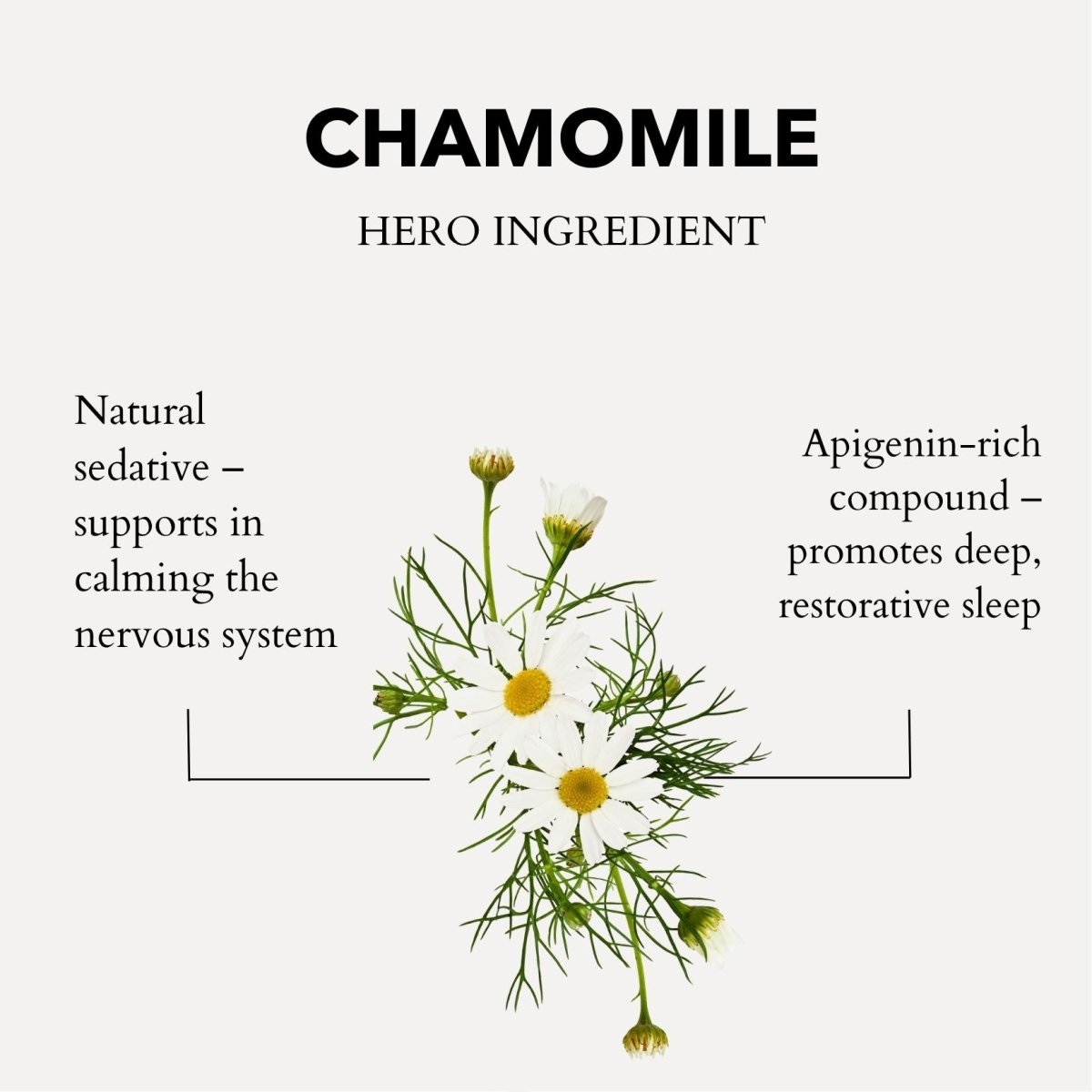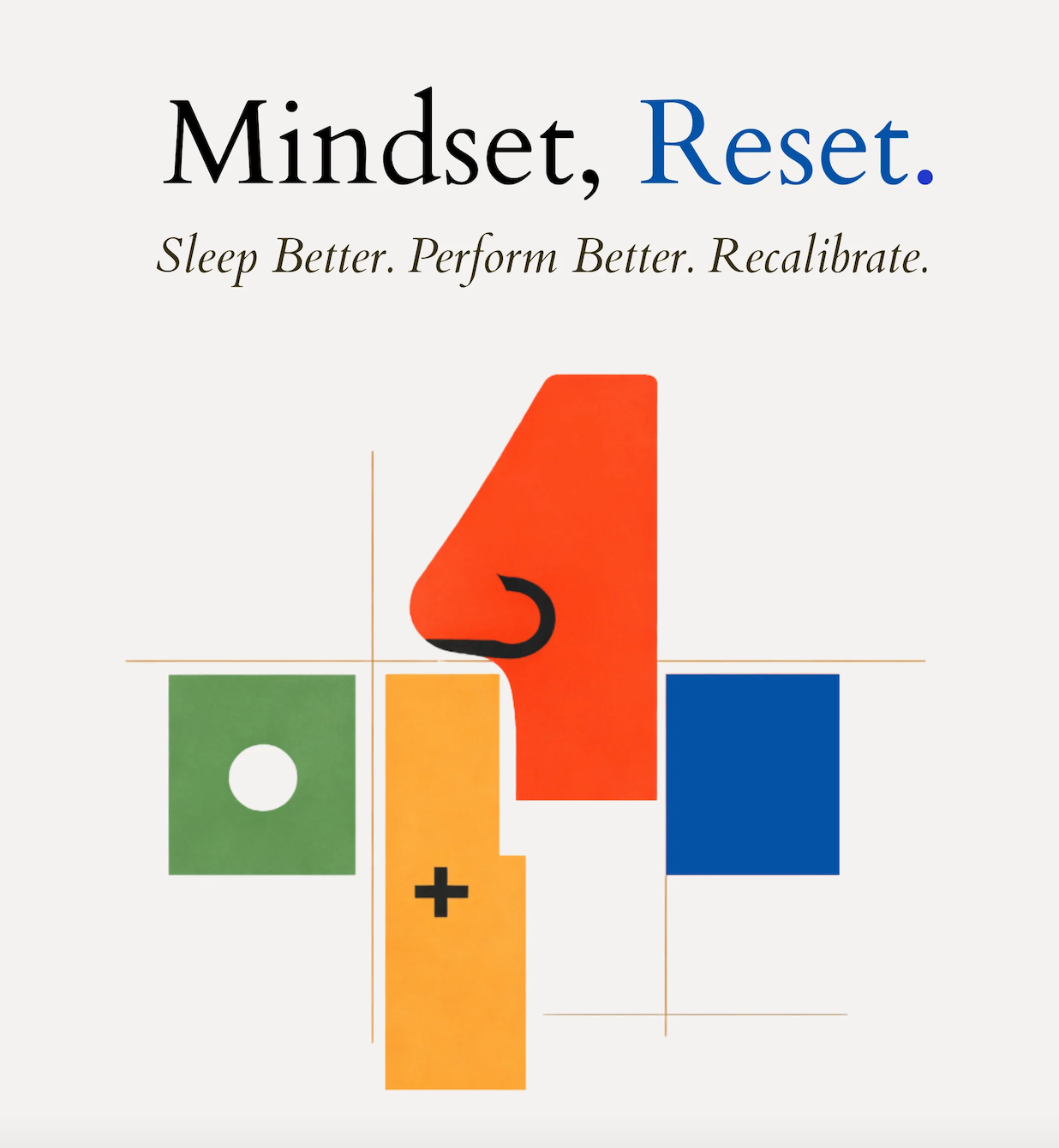The practice of mediation has become widely recognised as a way to slow down, pause, reduce stress and increase awareness. Entering a meditative state can be highly relaxing. It also mimics the state we are in as we fall asleep.
Clinical studies have shown that a regular meditation practice increases alpha waves – your relaxation brain waves — and reduces beta waves – the waking state and REM sleep state brain waves of active thought and awareness. That’s why it’s most commonly recommended for reducing stress. Deep breathing and closed-eye visualisation – techniques that mindfulness meditation usually employs – also boost alpha waves.
There are multiple forms of practice, the most popular being mindfulness meditation. The term ‘Mindfulness’ means paying attention in a particular way; on purpose, in the present moment and without judgment.
Originating from the teachings of The Buddha, mindfulness meditation practice helps develop an awareness of our thoughts and habits. To pay attention without judgement to their coming and going – just observe – like clouds in the sky, thoughts move through your mind, changing shape and tone but ever-changing. Some people find it helpful to focus on the breath or an object while observing any bodily sensations, thoughts or feelings.

All of us tend to instantly react to the thought that has our attention at that moment, but if we can slow down, expand outside of that singular thought, we will find other thoughts and feelings that can often influence many of our actions and decision making.
With practice, increased awareness of this internal weather pattern helps you become less attached and less wrapped up in the content of your mind. It eases rumination, slows down emotional reactivity, and helps you to reappraise a situation. This slowing down reduces anxiety and lowers stress which together helps improve sleep.
There is a growing interest in the effectiveness of mindfulness meditation for sleep and clinical studies continue to evaluate the effect of mindfulness meditation interventions on sleep quality. The evidence suggests that it can improve sleep quality and demonstrate that over time the benefits will continue. If we think of the brain as a muscle, consistent practice strengthens the neural pathways training the brain to recognise the practice to calm, focus and ground the nervous system in the here and now.

How to use meditation for sleep
Mediation practices vary from person to person and there are many different forms. You may find listening to guided meditation works for you, or you might discover that visualisation – imagining scenes or images that bring you peace - will suit you better. Others like to use repetitive sound, focusing on a word or sound. It is good to try a few out to see which ones suit you best – there are plenty online.
Yoga Nidra
The guided meditation practice of Yoga Nidra (yogic sleep) is becoming an increasingly popular intervention for sleep disorders because of its purported ability to induce mental, physical and emotional relaxation. It is a systematic form of guided relaxation that typically is done for 35 to 40 minutes at a time. This practice naturally produces a ‘hypnagogic state’, a transitional state of consciousness between wakefulness and sleep. This practice by Jennifer Piercy is a lovely track to help soothe you to sleep.
New to meditation?
Take a moment to try this beginner breathing meditation technique:
First, set a timer for three minutes.
- Sit or lie somewhere comfortable where you won’t be disturbed.
- Close your eyes and just notice the sensations of your breathing.
- See if you can observe the movement of your breath in through your nose, down into your lungs and back up and out through your mouth.
- There is no right or wrong way to do this. No effort required, breath normally and just observe what is happening.
- Your mind will wander; that’s completely normal. When it does, simply bring your attention back to your breath.
- When the timer pings, just take a moment to pause and reflect on your experience before carrying on with your day.
While mediation is popular, it’s important to note that it is not for everyone. Coming into present moment awareness can highlight emotions and feelings of anger, fear or sadness which some might find powerful or uncomfortable. If you are new to mediation, supported practice in a class or with an instructor is important.
References:
Rusch, H. L., Rosario, M., Levison, L. M., Olivera, A., Livingston, W. S., Wu, T., & Gill, J. M. (2019). The effect of mindfulness meditation on sleep quality: a systematic review and meta-analysis of randomised controlled trials. Annals of the New York Academy of Sciences, 1445(1), 5–16. https://doi.org/10.1111/nyas.13996
Sharpe, E., Lacombe, A., Butler, M.P., Hanes. D., Bradley. R. A Closer Look at Yoga Nidra: Sleep Lab Protocol. Int J Yoga Therap. 2020 Nov 11. doi: 10.17761/2021-D-20-00004. Epub ahead of print. PMID: 33175980.
Meda, K., (2019) How to manipulate brain waves for a better mental state Available at: https://nexus.jefferson.edu/science-and-technology/how-to-manipulate-brain-waves-for-a-better-mental-state/














































